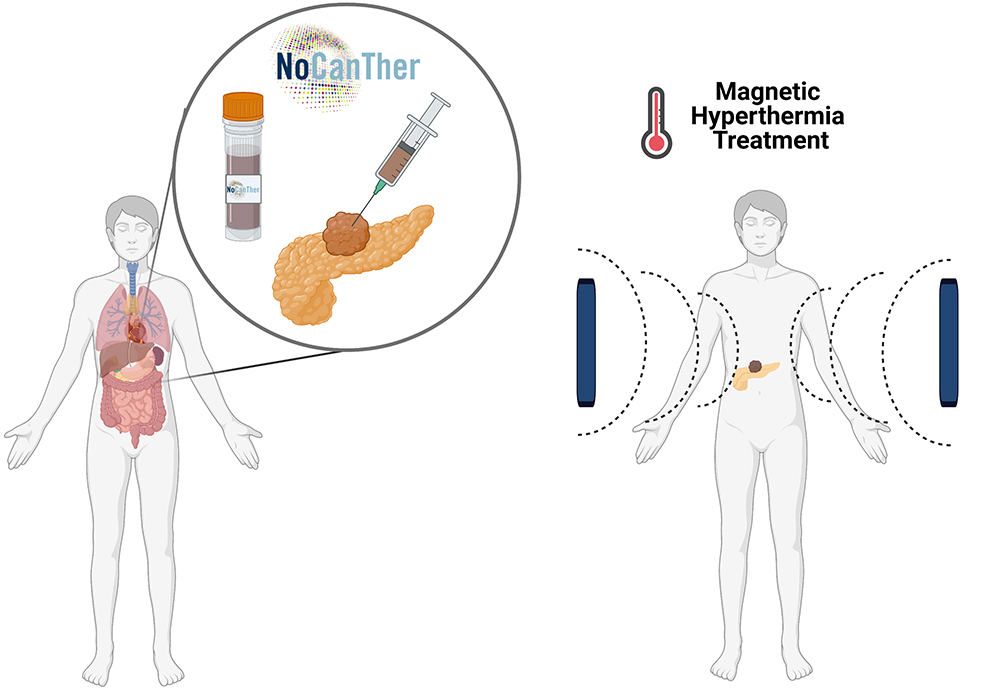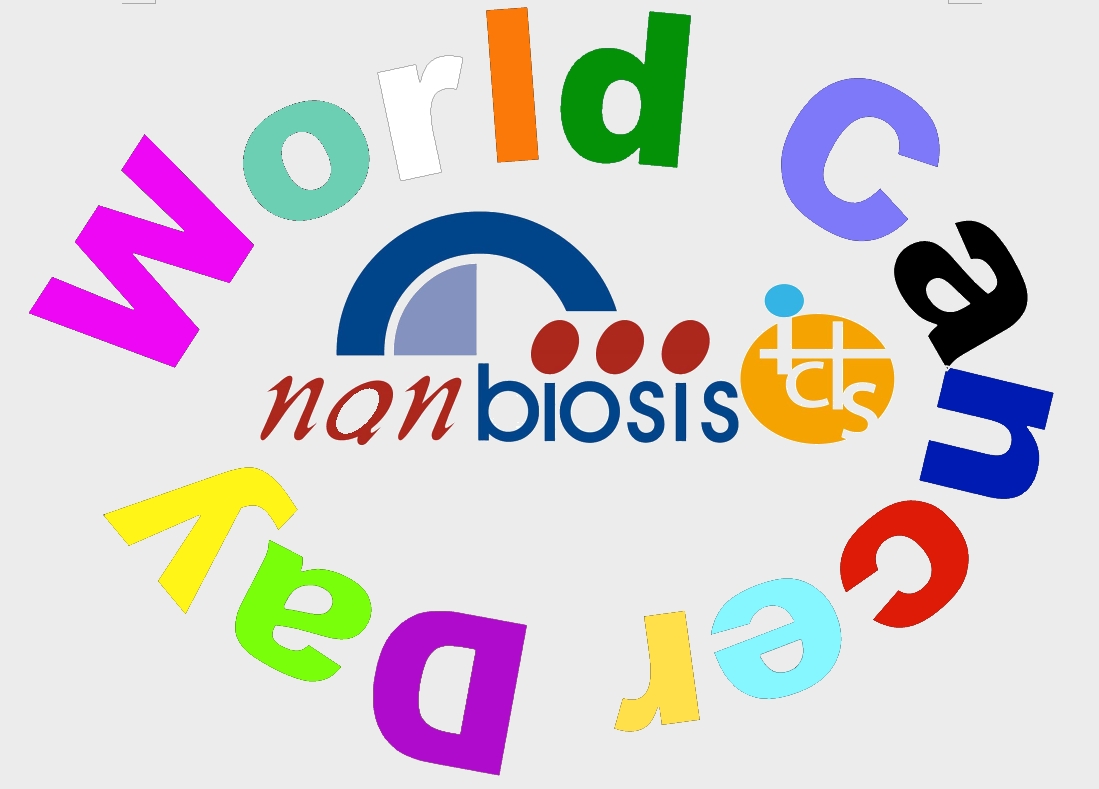The efficacy of nanoparticles combined with chemotherapy against pancreatic cancer
Pancreatic ductal adenocarcinoma is a highly devastating orphan disease with poor prognosis even when diagnosed early (The survival rate after 5 years (< 5%) has not changed over the last 30 years, despite tremendous research efforts) The european project NoCanTher, in wich participates NANBIOSIS U20 of (VHIR and CIBER-BBN) is a nanotechnology-based approach aimed to scale-up under GMP conditions and evaluate a nanoformulation for a combined therapy with chemotherapy against this pancreatic cancer.
The international clinical study, carried out in the framework of the project is now incorporating the first pacient in Spain with this type of nanotherapy.
The clinical study is based on the results obtained in the preclinical phase of the NoCanTher project, with the group of the CIBBIM (of CIBER-BBN and VHIR, led by Dr. Ibane Abasolo). This new technology based on magnetic nanoparticles increases the accessibility of chemotherapy to pancreatic tumors. Researchers have developed magnetic iron nanoparticles that, under an alternating magnetic field, generate heat – magnetic hyperthermia. This heat is able to be used because the tumor cells are still more sensitive to the standard treatment with chemotherapy and, therefore, in greater efficiency, and ultimately it is possible to directly destroy these cells.
As explained by Dra. Ibane Abasolo, Scientific Director of Nanbiosis unit 20 of CIBER-BBN and VHIR: “NANBIOSIS has played an important role in this project in relation with the preclinical in vivo trials in animal models (mice). We made human pancreatic cancer cells grow and studied the efficacy of nanoparticles and their combination with chemotherapy. Specifically, we saw that i) tumor heating by magnetic hyperthermia slowed down tumor growth, but that it was necessary to combine this treatment with conventional chemotherapy to have a better effect, that ii) the hyperthermia-chemotherapy sequence that worked best (it is better to warm up first and treat with chemotherapy later than to put chemotherapy first) and iii) that the combination of hyperthermia/chemotherapy was beneficial because it greatly reduces the stroma of the tumor and makes it easier for chemotherapy to reach tumor“.
The NoCanTher project is coordinated by IMDEA Nanociencia (Madrid) and includes the participation of eleven national and international centers: BioKeralty Research Institute (Miñano), ImmuPharma (London), Chemicell (Berlin), University Hospital (Jena, Germany), Resonant Circuits (London), Vall d’Hebron Research Institute (VHIR) (Barcelona), Vall d’Hebron Institut d’Oncology (VHIO) (Barcelona), Trinity College (Dublin), Paris Diderot University (Paris), Hospital Universitari of Fuenlabrada (Madrid). The initiative is funded by Horizon 2020 (GA:685795).










